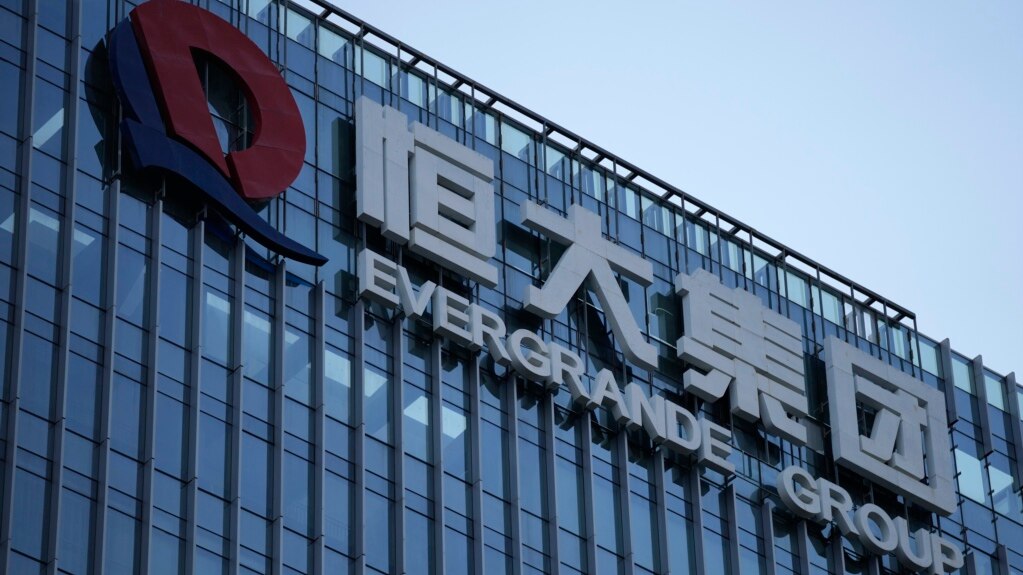A court in Hong Kong has ordered one of China’s largest property developers to sell all its property to pay back creditors. The financial process is called liquidation.
The property developer is China Evergrande Group. A long effort to find new ways to restructure the company’s billions of dollars of loans failed.
Judge Linda Chan on Monday said, “Enough is enough.” The court noted a “lack of progress on the part of the company putting forward a viable restructuring proposal.”
China Evergrande Group and several other Chinese developers have collapsed since 2020. The company started missing debt payments in September 2021.
The ruling Chinese Communist Party sees rising property debt as a threat to economic growth. In the middle of 2021, the government blocked new loans for developers with high levels of debt.
The Reuters news service calls Evergrande “the world’s most indebted developer.”
What will happen after the order?
Reuters reported that Chan appointed the company Alvarez & Marsal as a liquidator. She said the appointment would be in the interest of all creditors. The goal is to prepare the assets for sale to repay creditors.
Investigators will look into the company’s finances and could refer any suspected wrongdoing to Hong Kong law enforcement.
Evergrande can appeal the court’s liquidation order. But the process will go forward while the appeal takes place.
China Evergrande Group involves several businesses with separate stock listings. It managed middle- to high-cost homes, office buildings and other commercial properties. The company also provided services to property owners.
About 90 percent of Evergrande’s business is in China. However, foreign creditors are owed at least $23 billion by the Hong Kong company. It remains unclear how much China Evergrande’s creditors and investors will get back.
Evergrande Group’s main listed stock on the Hong Kong stock exchange is now valued at less than one dollar a share.
How much do creditors get back?
The liquidation process is complex. Many forms of property are involved. Real property, bank accounts, stocks and bonds are all being considered.
A study of Evergrande’s finances that was shown in court in July estimated that creditors might recover 3.4 percent of the amount they are owed.
It is estimated that the company has about $240 billion dollars in assets. Assets are forms of property that can be sold for money.
The Hong Kong court ordered the liquidation after efforts to find a way to pay about $300 billion dollars owed banks and bond holders failed. But the actual amount the company owes, or its liabilities, could be much larger.
Last August, the company sought bankruptcy protection in the United States to attempt to protect its assets in the U.S. from creditors.
Some of Evergrande’s officials are also facing investigations. Evergrande’s chairman, Hui Ka Yan, was detained by Chinese officials in September. Officials said he is suspected of “illegal crimes.”
The Associated Press reported that Evergrande’s chief Shawn Siu feels “regret” at the liquidation order. He noted that only the Hong Kong-listed company was affected. He said the group’s domestic and overseas units are independent legal companies.
Real estate has been a major force in China’s economic development. But it also has pushed total business, government, and household debt to high levels.
Hong Kong operates under a separate legal system than mainland China. But the government in Beijing is increasing its influence. Experts say Evergrande’s financial failure will test how mainland courts recognize the Hong Kong bankruptcy court’s rulings.
I’m Mario Ritter, Jr.

